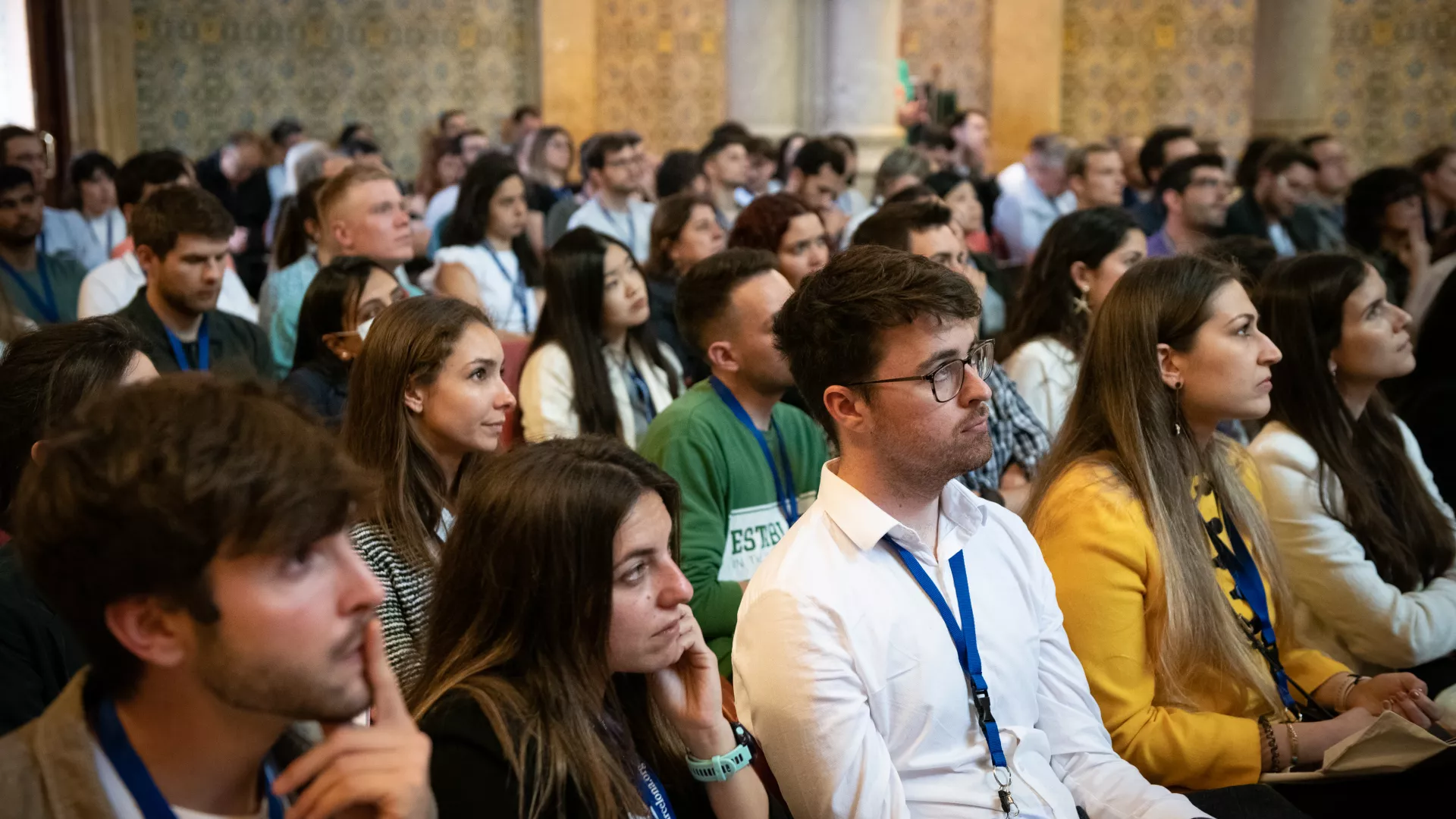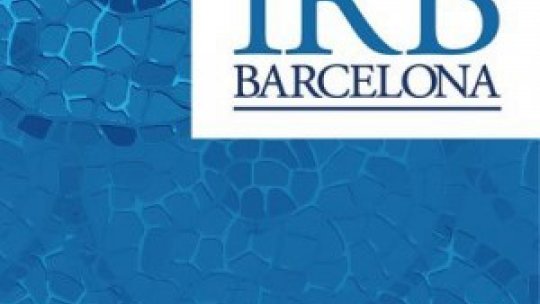Speaker: Bruno Di Stefano, PhD - Harvard Dept. of Stem Cell and Regenerative Biology - Dept. of Molecular Biology - MGH Center for Regenerative Medicine and MGH Cancer Center - Boston – MA 02114 - USA
Presentation
Organizers: IRB Barcelona
Date: Wednesday 16 October, 12.00h
Place: Felix Serratosa Hall, Parc Cientific de Barcelona
Host: Manuel Serrano, PhD - IRB Barcelona
Abstract:
Post-transcriptional mechanisms have the potential to influence complex changes in gene expression, yet their role in cell fate transitions remain largely unexplored. We have uncovered that the RNA helicase DDX6 acts as a key regulator of mammalian cell fate through its control of P-body homeostasis in both pluripotent stem cells and adult progenitor populations. Specifically, DDX6 coordinates the assembly of specific RNA-binding proteins with untranslated mRNAs in cytoplasmic P-bodies. Loss of DDX6 activity leads to dissolution of P-bodies and the subsequent release of mRNAs encoding fate-instructive transcription and chromatin factors, thus altering enhancer and heterochromatin landscapes. In pluripotent stem cells, this results in the acquisition of a developmentally more primitive state that fails to differentiate, while in adult progenitor populations it perturbs the balance between self-renewal and differentiation in a context dependent manner across all three germ layers. Collectively, our data uncover a potent post-transcriptional mechanism that governs cell fate by linking DDX6 to chromatin organization via the modulation of P-body homeostasis.
Plenary Seminar

